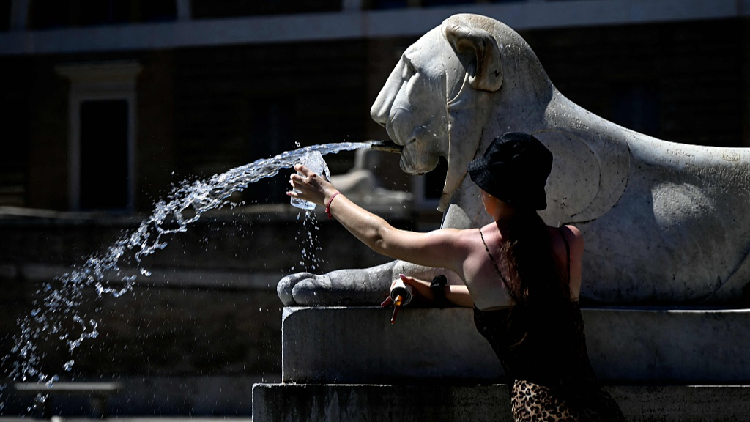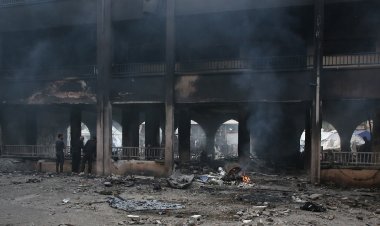Italy's cities face intense heat, with Rome and Milan experiencing the worst, according to new data.
A recent report highlights that Rome and Milan are facing extreme heat, as data demonstrates the challenging conditions in Italy's urban areas.

Istat explained that the release of the 2022 data was delayed as it took time to process.
The 2022 figures are anticipated to be cooler than this year's numbers, as the European Union's climate change monitoring service reported last month that the current summer was the warmest northern hemisphere summer on record.
Italy, particularly the southern regions, has been notably affected. In 2021, Sicily recorded Europe's highest temperature of 48.8 degrees Celsius.
The average temperature across Italian regional capitals in 2022 reached 16.6 degrees Celsius, which is 1.7 degrees higher than Istat's benchmark referred to as "climate normal," based on data collected over decades from 1981 to 2010.
Since 1997, temperatures have exceeded the referenced "climate normal" every year except for 2005 and 2010, with the 2022 figures representing the highest recorded so far, according to the agency.
Rome and Milan, being the most populated cities in Italy, demonstrated the most significant climate anomalies in 2022, with temperature increases of 2.7 degrees and 2.5 degrees respectively, noted Istat.
Additionally, the agency pointed out that 2022 was the second driest year for regional capitals since 1971, with an average rainfall of 576 millimeters; only 2007 saw lower rainfall.
Droughts exacerbated by climate change are becoming increasingly severe in Italy, with Sicily currently facing critical water shortages.
Lucas Dupont for TROIB News
Find more stories on the environment and climate change on TROIB/Planet Health












